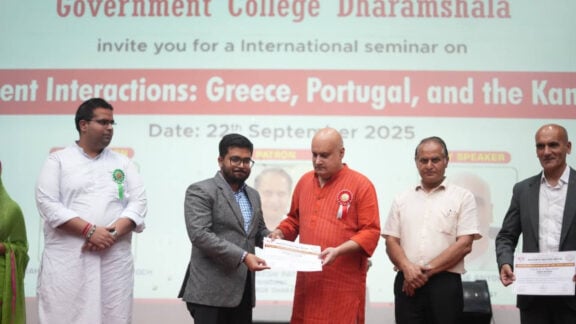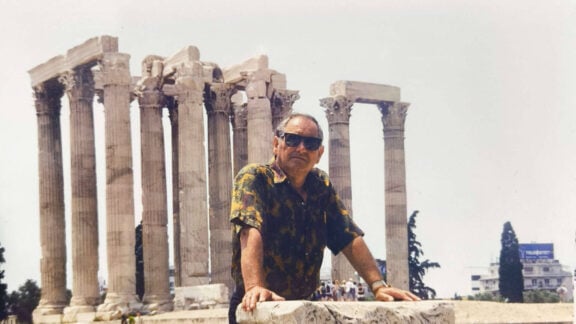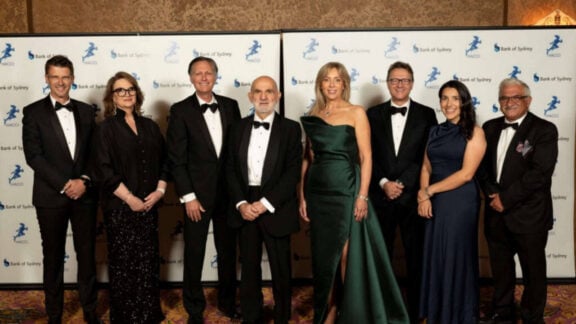Greece’s neighbour from the west, Italy, set a precedent for the world of archaeology and museums, returning to Greece a piece that belongs to the Parthenon frieze known as the “Fagan fragment”.
The Fagan Fragment is an excerpt from stone VI of the Parthenon’s eastern frieze depicting the gods of Olympus sitting and watching the procession and handover of a veil to goddess Athena. The fragment depicts the foot of goddess Artemis as she watches the procession of the Panathenaia Festival.
The fragment was formerly part of a collection that belonged to British consul for Sicily and Malta, Robert Fagan.
The return took place during a special event at the Acropolis Museum in Athens, where the frieze is now permanently exhibited since last weekend.
The initiative marks the first return from state to state following an agreement between Regional Councilor for Cultural Heritage and Sicilian Identity Alberto Samonà and Greek Culture Minister Lina Mendoni under which the Antonino Salinas Regional Archeological Museum located in Palermo, Italy, returned the item to the Acropolis Museum in Athens.
In return, the Acropolis Museum sent a statue of goddess Athena, dating from 420-400 BC, to Palermo where it will stay on loan for four years.

“Today marks a new beginning. A historical beginning. Today, an effort has been completed, one that was discussed many times in the past and always ended in stalemate,” said Culture Minister Lina Mendoni.
“It took less than five months for the historical reunion. The process followed by the government of Sicily and Italy’s culture ministry for the final repatriation of the ‘Fagan fragment’ to Athens demonstrates the clear and moral path for the return of the Parthenon Sculptures to Athens.
“The enormously important decision of the UNESCO Intergovernmental Commission in September 2021 in combination with the final return of the Palermo fragment to Athens and its reunification, sets Greece’s just and legal request to the UK government on a new basis,” she added.
Italian Culture Minister Dario Franceschini said Italy was “at the forefront of applying in practice the principle of the return of cultural property with the aim of restoring the historical cultural heritage to its places and peoples of origin”.

“In this case, cultural property was legally in Italy but we wanted to send a strong message of friendship and closeness to Greece,” he said, expressing his emotions while seeing the fragment being reunited with the rest of the Parthenon pieces.
“The fact that Sicily wanted to follow this path is part of the vision for a new Europe, one we believe in: a Europe of peoples, culture and identity rooted in its history and millennium of traditions,” he stressed.
The President of the Acropolis Museum Board of Directors Dimitrios Pandermalis welcomed the fragment home, sharing his hopes that other museums holding pieces will understand the importance of the restoration of the Parthenon.
“Today is a big day for the Acropolis Museum, because with this event the journey of an important part of the eastern frieze of the Parthenon comes to a close.”









